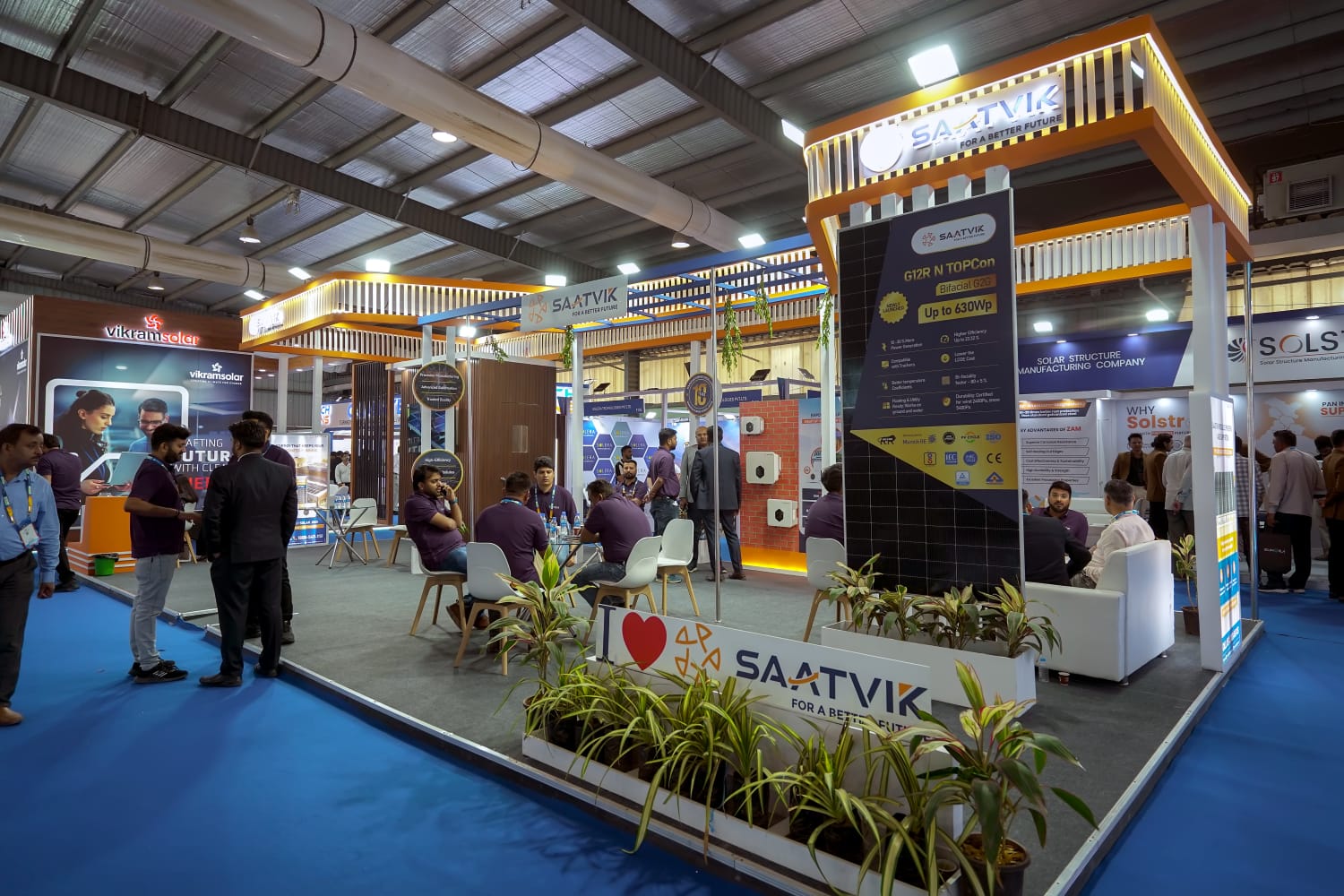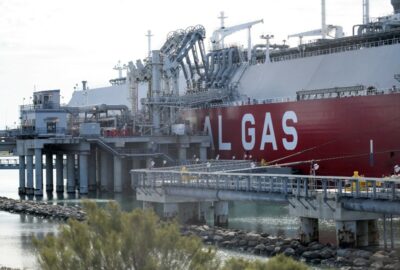
A petition was filed by the Solar Energy Corporation of India (SECI) to adopt tariffs for pilot projects involving 500 MW/1,000 MWh standalone battery energy storage systems (BESS) through a globally competitive bidding process. This initiative aims to enhance India’s energy storage capabilities and align with the country’s renewable energy goals.
The tender process, initiated in April 2022, outlined two projects of 250 MW/500 MWh each. Out of the total 500 MW, 200 MW was designated for merchant use by the developer, while SECI retained 300 MW for sale to end users through agreements. The projects were subjected to thorough technical and financial evaluations, leading to the selection of JSW Renew Energy Five Limited as the developer through an e-reverse auction. The final tariff was highly competitive, with a winning bid of ₹10.83 lakh per MW/month.
The agreements included Battery Energy Storage Purchase Agreements (BESPA) between SECI and the developer and Battery Energy Storage Sale Agreements (BESSA) between SECI and buyers, such as Gujarat Urja Vikas Nigam Limited. While a portion of the capacity was earmarked for grid ancillary services, delays in finalizing agreements and approvals prompted SECI and involved parties to mutually extend timelines.
SECI proposed a trading margin of 0.5% of the applicable tariff for capacity charges, along with an additional margin of ₹0.07 per kWh for charging and discharging operations. These measures aim to ensure project viability and operational efficiency while addressing the cost implications for stakeholders.
The Commission noted the transparent bidding process and competitive pricing but highlighted delays in issuing agreements and discrepancies in aligning timelines. It emphasized the importance of balancing consumer and developer interests, ensuring fair pricing, and adhering to contractual obligations.
This project is poised to set a precedent for integrating energy storage solutions into India’s power infrastructure, enhancing grid reliability, and supporting the transition to cleaner energy sources. The Commission’s final order will establish a framework for future energy storage developments, ensuring regulatory compliance and stakeholder cooperation.













